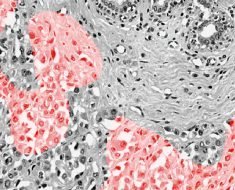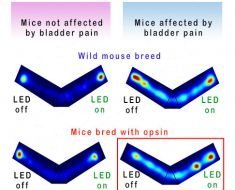
Neurocysticercosis, an infection of the brain with pork tapeworm larvae, is highly endemic in Sub-Saharan Africa, Latin America, and Asia, and increasingly common in developed countries like the U.S. due to immigration. The larvae form cysts in the brain, which can cause a variety of neurological symptoms, seizures being the most common. Previous literature has suggested that neurocysticercosis is an important cause of epilepsy in developing countries where it is endemic. The standard treatment for neurocysticercosis is antiparasitic medication, such as albendazole, although it does not kill the parasite in all patients.
A new study led by Associate Professor Elizabeth Kelvin together with Assistant Professor Hongbin Zhang, MPH graduate Mindy Chang, and DPH student Matthew Romo explores the complex relationship between albendazole treatment for neurocysticercosis and long-term seizure outcomes. The study was published in the journal Epilepsia.
The researchers used data from a randomized controlled trial comparing newly diagnosed neurocysticercosis patients treated with albendazole versus placebo. They found that that the relationship between albendazole and seizures over 24 months changed over time, with an initial reduction of seizures among those treated with the drug but little difference and even reversal of the association over time. Furthermore, the treatment impact on seizures was mediated by drug-related changes in the parasitic cysts over time. Once the cysts completely resolve, seizures stop, suggesting that seizures associated with neurocysticercosis are acute symptomatic seizures and not epilepsy, as many have called it, Kelvin says.
Source: Read Full Article





